More and More Veterans Are Making the Case for Cannabis Legalization
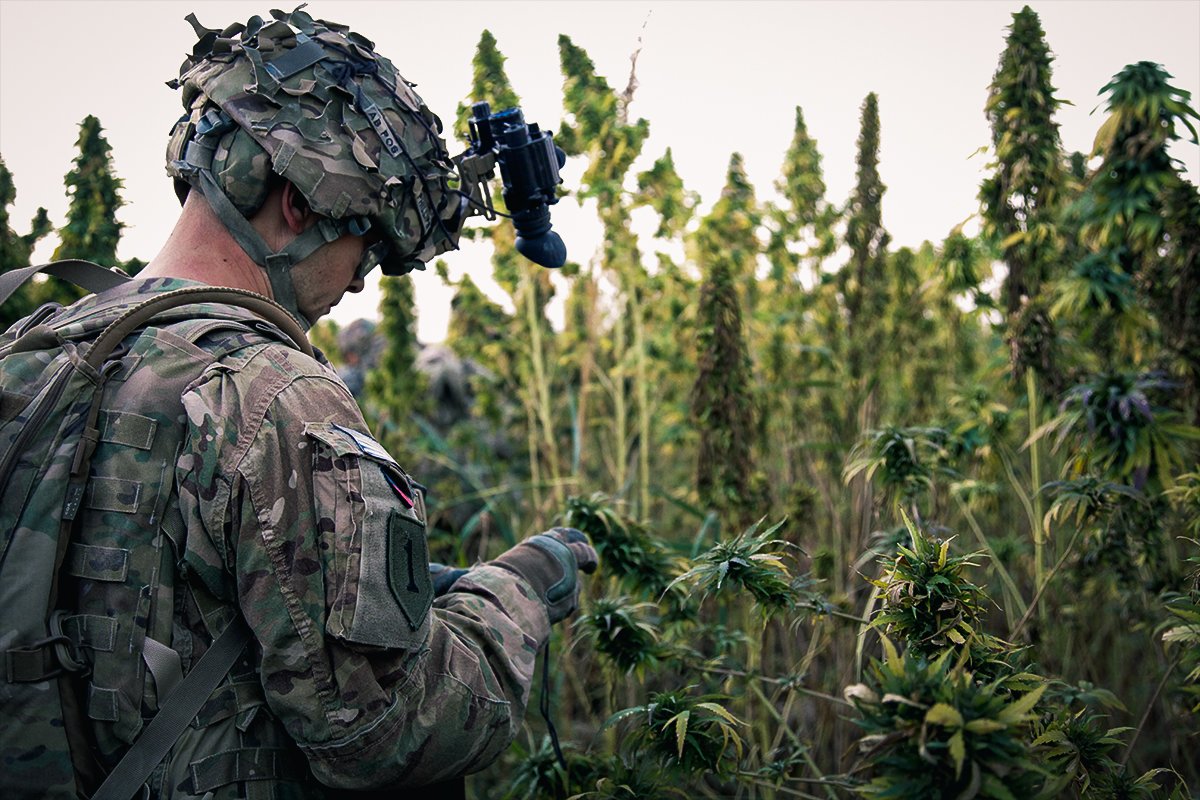
U.S. Army Spc. William Phillips, 4th Squadron, 4th Cavalry Regiment, 1st Infantry Division, takes a picture of a marijuana plant outside of Mullayan, Kandahar province, Afghanistan, Oct. 31. Soldiers of the 4-4 Cav. were patrolling through the outskirts of the village checking for Improvised Explosive Devices. Photo by Spc. Kristina Truluck/U.S. Army.
In the heat of the Gulf War, along what became known as the Highway of Death, Scott Almhjell remembers seeing a truck. It moved with an abnormally jagged rhythm before hauling to an abrupt stop.
Almhjell, a U.S. Army Cavalry Scout, ran over to inspect the vehicle for explosives but discovered something else.
“I saw a hand gripping the steering wheel, another hand out the window and realized the truck was being driven by a guy with no head,” he said. “That was the first guy I saw there.”
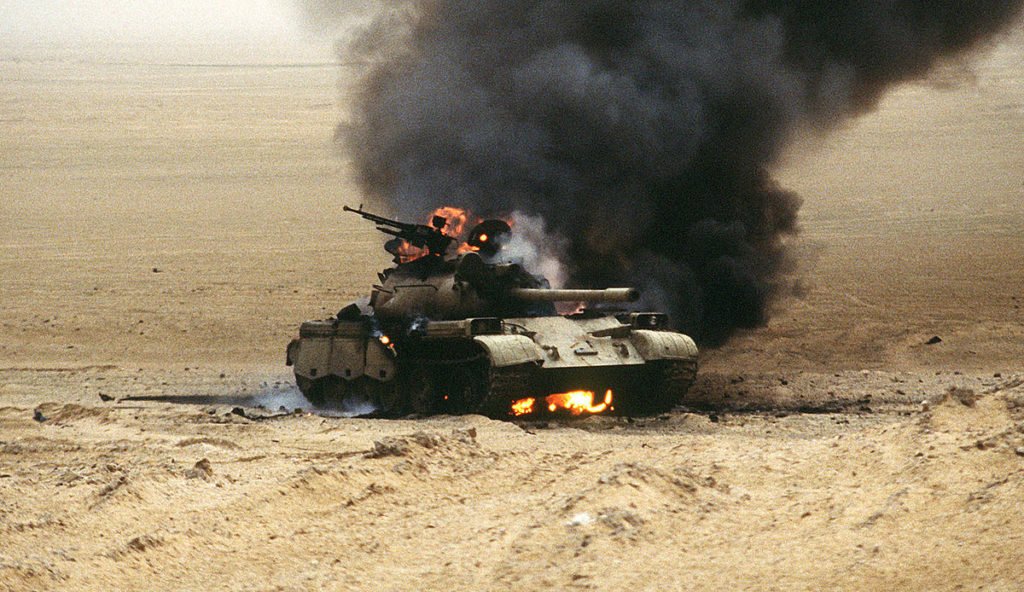
It would be one of many dead bodies Almhjell says he witnessed while serving in the Persian Gulf.
When he returned home, it was impossible to forget. Almhjell, like many combat veterans, began self-medicating with alcohol to fight off post-traumatic stress disorder (PTSD).
“I would just do it over and over again,” he said. “I was always chasing that dragon.”
The dark chase eventually led to suicidal ideation. A doctor prescribed Paxil, a selective serotonin reuptake inhibitor (SSRI) known to treat depression and PTSD, which only made things worse. That’s when Almhjell first tried cannabis and discovered a seismic change.

“It became the greatest act of self-care I could muster, and it transformed everything,” he said. “It made me do the work I needed to do on myself, and it allowed me to thrive.”
Almhjell, 49, now a devoted yogi who runs an auto repair shop in Scottdale, Arizona, is part of a growing number of veterans using cannabis to treat PTSD, chronic pain, depression, and other debilitating issues. Medical marijuana legalization has already reached 33 states across the country, and more legislation to change cannabis laws is underway. With the recent passage of legislation in Illinois, there are now 11 states with legal recreational use of cannabis as well. But the pervasive counterculture stigma surrounding the drug lingers.
The United States Department of Veterans Affairs (VA) has yet to recommend or assist veterans in obtaining cannabis because federal law won’t allow it. Others who oppose its legalization believe cannabis is dangerous under any circumstance.
Almhjell, like many combat veterans, began self-medicating with alcohol to fight off post-traumatic stress disorder (PTSD). “I was always chasing that dragon.”
Dr. Samuel T. Wilkinson, assistant director of the Yale Depression Research Program, authored an in-depth study against marijuana legalization.
In it, Wilkinson outlines the “negative public health effects” of cannabis use.
“The drug is addictive, with mounting evidence for the existence of a withdrawal syndrome,” he wrote. “Furthermore, it has been shown to have adverse effects on mental health, intelligence (including irreversible declines in cognition), and the respiratory system.”
Dr. Kevin Sabet, a former drug policy advisor to the White House and co-founder of Smart Approaches to Marijuana (SAM), told Coffee or Die that he’s against legalizing recreational marijuana use. When asked about use by veterans with PTSD, he suggested that “alternative forms of treatment” like cannabis “may actually be exacerbating their struggles.”
“There have been direct associations made between the high frequency use of high potency marijuana and the development of mental health issues, including psychosis, depression, anxiety, addiction, and suicidality,” he said. “We want all veterans to have a healthy and successful readjustment to civilian life, and if we look to the scientific evidence, marijuana has no place in that.”
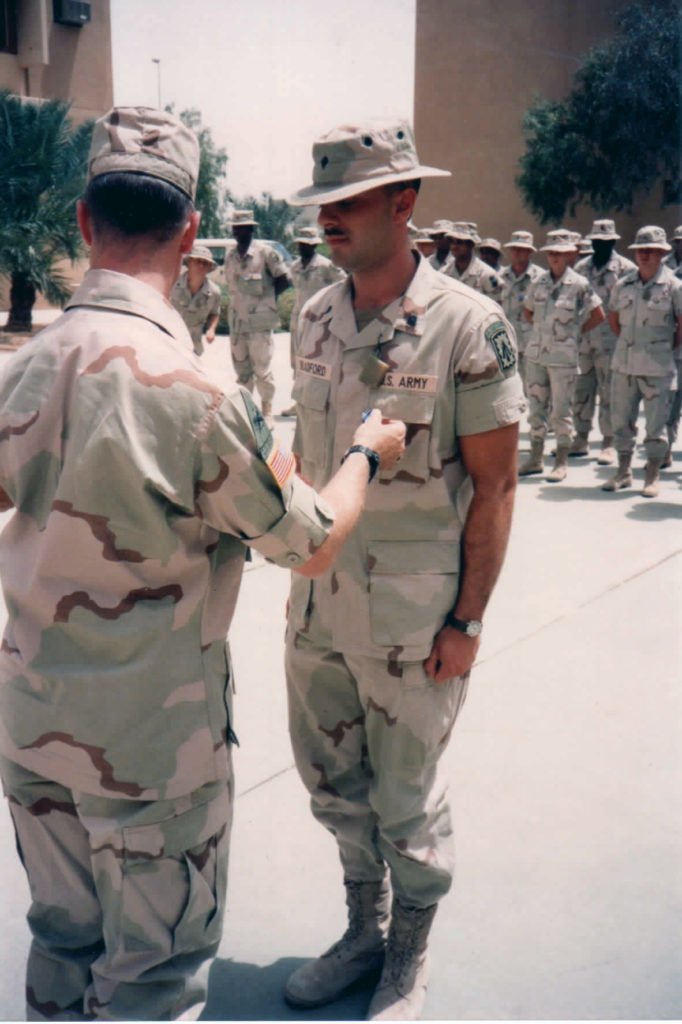
Veterans who use cannabis to treat their PTSD and other ailments beg to differ.
Stephen Bradford, 50, who served in the Army from 1991 to 1999, including two tours in the Persian Gulf, suffered a spinal cord injury and was shot in the leg during combat. Acclimating to civilian life meant continual discomfort in his mind and body: constant nightmares, chronic pain, and haunting effects of undiagnosed PTSD.
Doctors gave Bradford a “dual diagnosis” and placed him on several medications that left him feeling zombie-like and foggy.
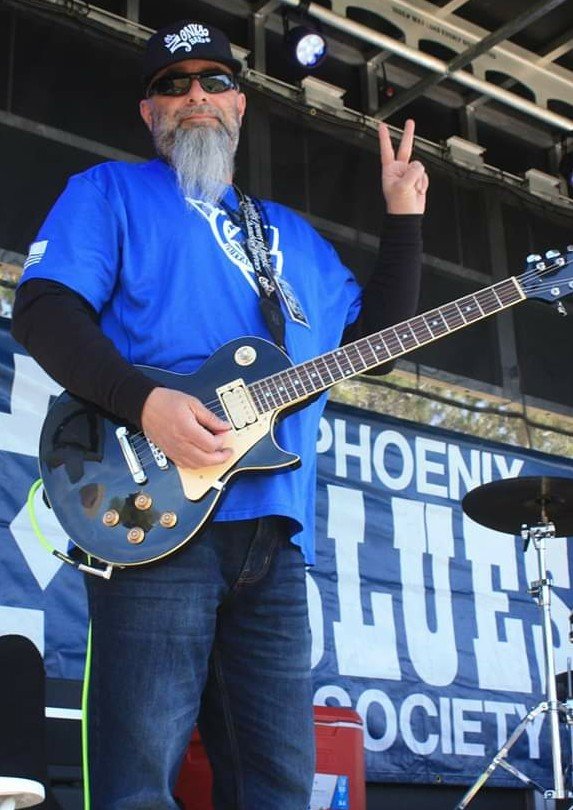
“I wasn’t sure if the medications were making it worse or not,” he said. “I didn’t know if I was coming or going.”
Bradford soon got divorced and became hooked on crystal meth before subsequently checking into the VA hospital’s fifth floor with thoughts of killing himself.
“I just thought the world was a messed-up place after what I saw in war,” he said. “I didn’t know what to do.”
After years of distress, cannabis was the first substance to support both mental and physical healing for Bradford.
“It allowed me to relax,” he said. “It allowed my mind to finally calm down.”
“We want all veterans to have a healthy and successful readjustment to civilian life, and if we look to the scientific evidence, marijuana has no place in that.”
When he received his medical marijuana card in 2012, Bradford still felt ostracized by an older generation of Vietnam veterans who called cannabis the “devil’s lettuce.” Now, seven years later, he sees a new generation of veterans making strides to shift this perception.
“The younger veterans are changing how everyone sees it,” he said.
Raymond Ryskowski, 42, who served five years in the Army from 1997 to 2002 as a chaplain assistant, is one of them.
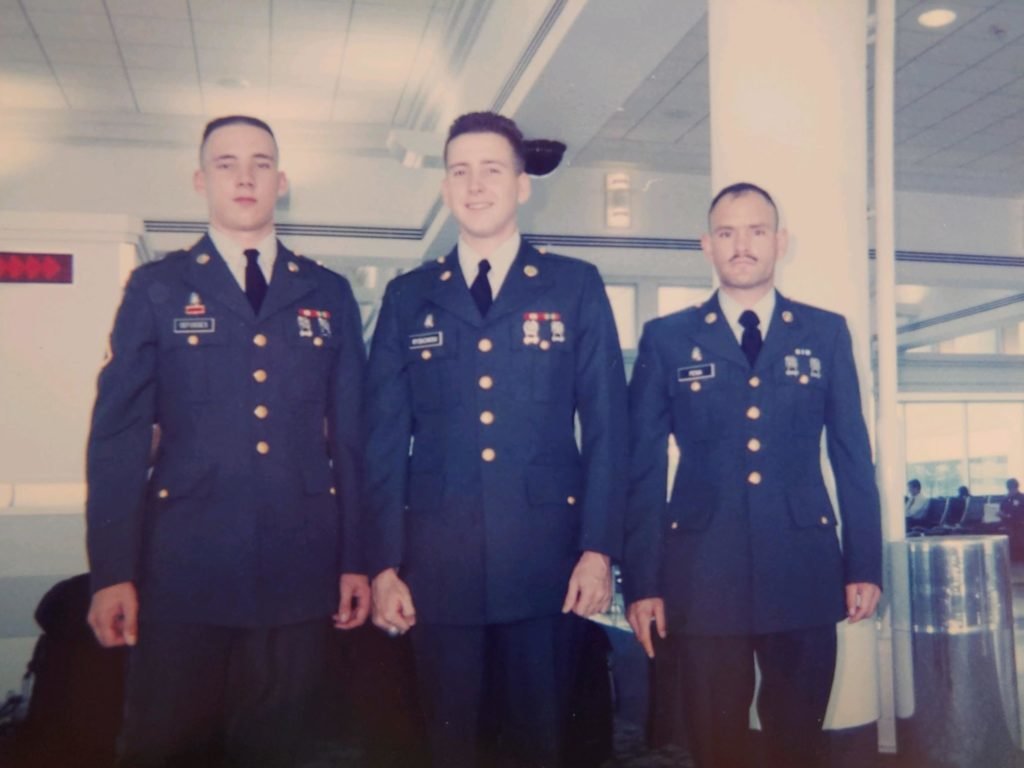
The VA hospital prescribed him more than 10 medications when he returned from service with diagnosed PTSD, major depressive disorder, and general anxiety. The multitude of pills only left him in a “haze,” and he soon sought to wean himself off them by smoking cannabis.
But what Ryskowski found in marijuana felt more medicinal than any prescription written by a doctor.
“Through the use of cannabis, I found better control of my anger, and it allowed me more comfort in social situations,” he said. “Cannabis has helped me look at the world through different eyes and begin the process of healing. It became my daily medicine. If I had continued down that traditional route, I highly doubt I would be here today.”
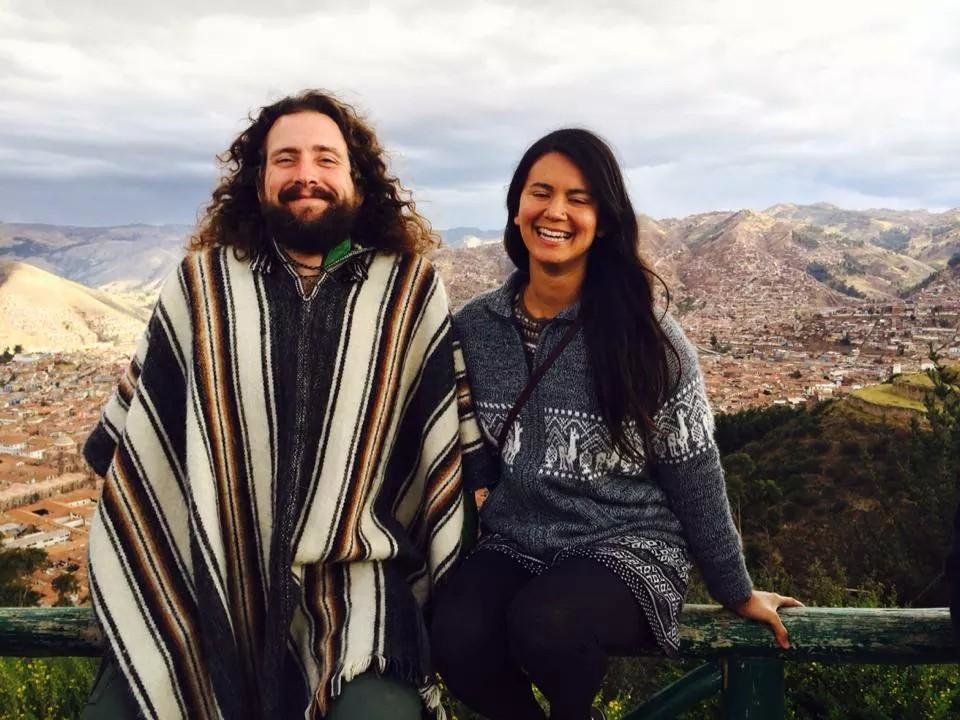
Ryskowski, who started Entheogenic Research Awareness (ERA) with his wife, now helps organize events surrounding marijuana and psychedelics education. Through what he’s witnessed in his advocacy work, Ryskowski believes the future of cannabis in America looks bright and that social barricades will continue to bend toward decriminalization.
“I am hopeful that as legalization spreads nationwide and as the influx of medical research continues to pour in, those last barriers of acceptance will continue to fade away,” he said.
Almhjell said any lasting social stigma derives from people misunderstanding what PTSD-riddled veterans endure and why they use cannabis.
“People don’t get it,” he said. “I don’t want to be stoned because I have a business to run. I just don’t want the pain or anxiety. I just want to survive, and it helps me do that.”
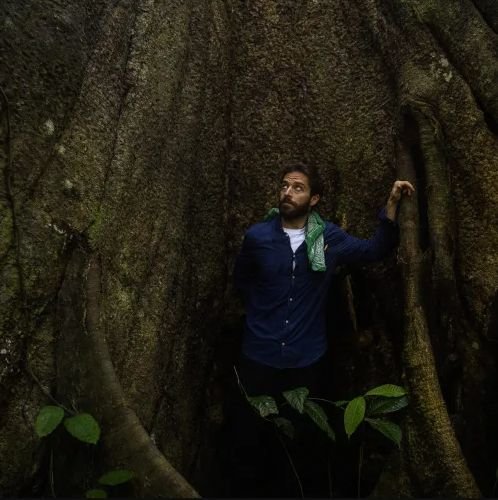
Henrick Karoliszyn is an award-winning journalist based in New Orleans. Prior to becoming a full-time freelancer, he covered crime and courts for the Wall Street Journal, manned the national beat for the New York Daily News, and wrote about criminal justice at the New Orleans Times-Picayune. His work has also appeared in The New York Times, the New York Post, and the commemorative book, “Rolling Stone Cover to Cover: The First 40 Years.” A motorcycle, running, and surf enthusiast, he’s currently training for his first Ironman race.
BRCC and Bad Moon Print Press team up for an exclusive, limited-edition T-shirt design!
BRCC partners with Team Room Design for an exclusive T-shirt release!
Thirty Seconds Out has partnered with BRCC for an exclusive shirt design invoking the God of Winter.
Lucas O'Hara of Grizzly Forge has teamed up with BRCC for a badass, exclusive Shirt Club T-shirt design featuring his most popular knife and tiomahawk.
Coffee or Die sits down with one of the graphic designers behind Black Rifle Coffee's signature look and vibe.
Biden will award the Medal of Honor to a Vietnam War Army helicopter pilot who risked his life to save a reconnaissance team from almost certain death.
Ever wonder how much Jack Mandaville would f*ck sh*t up if he went back in time? The American Revolution didn't even see him coming.
A nearly 200-year-old West Point time capsule that at first appeared to yield little more than dust contains hidden treasure, the US Military Academy said.












